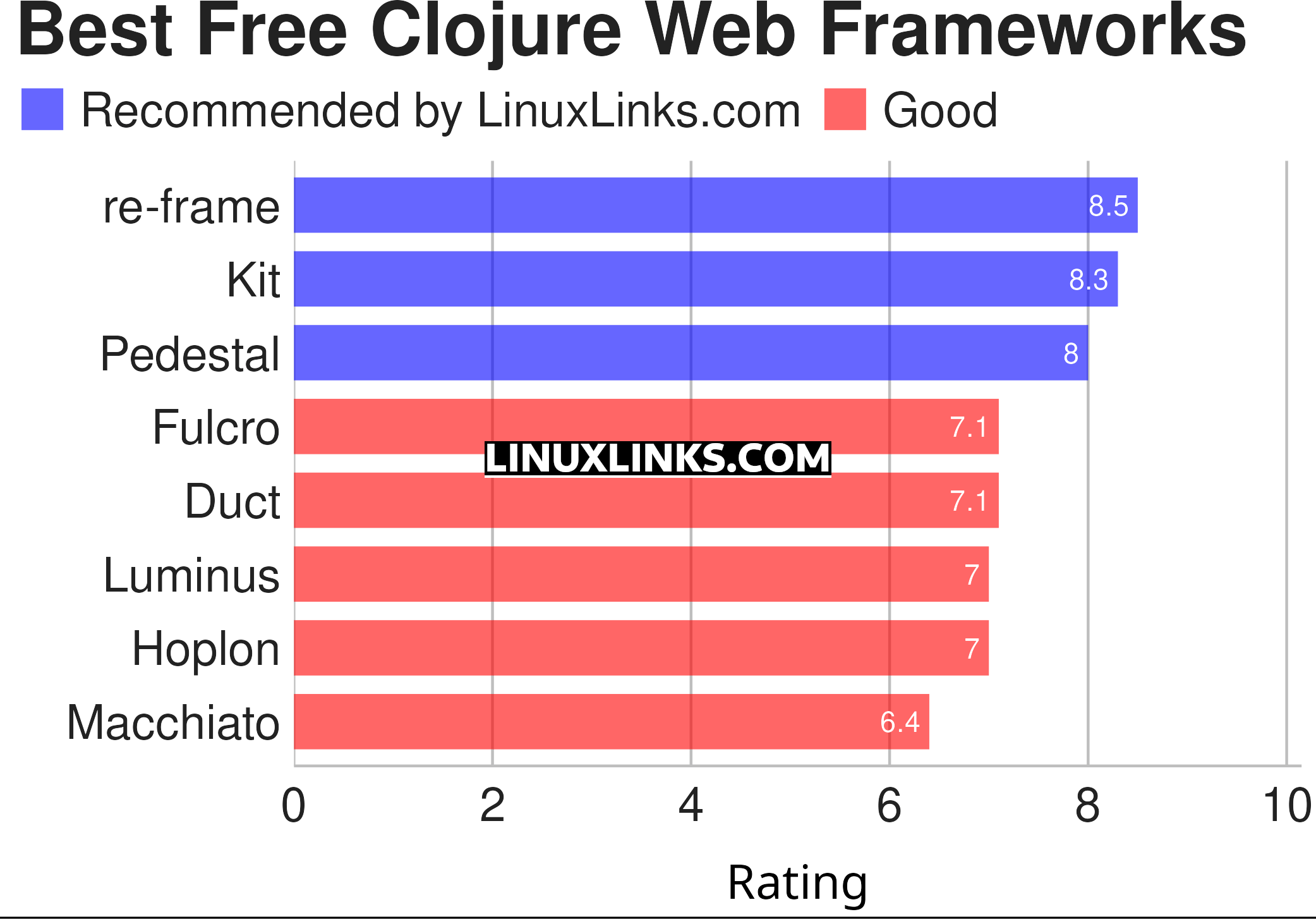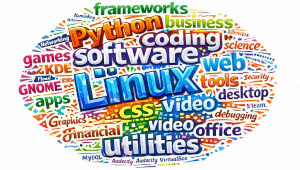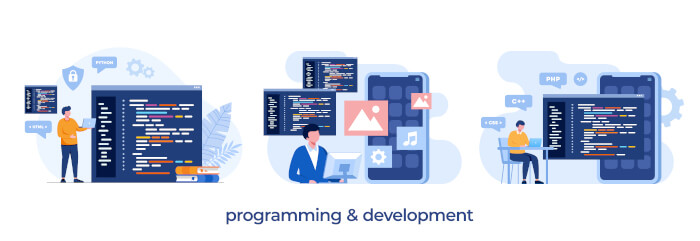One of the types of software that’s important for a web developer is the web framework. A framework “is a code library that makes a developer’s life easier when building reliable, scalable, and maintainable web applications” by providing reusable code or extensions for common operations. By saving development time, developers can concentrate on application logic rather than mundane elements.
A web framework offers the developer a choice about how to solve a specific problem. By using a framework, a developer lets the framework control portions of their application. While it’s perfectly possible to code a web application without using a framework, it’s more practical to use one.
Clojure is a dialect of the Lisp programming language. It’s a well-rounded language. It offers broad library support and runs on multiple operating systems.
When it comes to web development, there are many Clojure frameworks to choose. The choice depends on finding the right tool for the job at hand. Here’s our pick of the finest Clojure web frameworks.

Let’s explore the 8 Clojure web frameworks. For each program we have compiled its own portal page, a full description with an in-depth analysis of its features, together with links to relevant resources.
| Clojure Web Frameworks | |
|---|---|
| re-frame | Framework for building modern web apps leveraging React, via Reagent |
| Kit | Lightweight, modular framework for scalable web development |
| Pedestal | Sturdy and reliable base for services and APIs |
| Fulcro | Library for development of single-page full-stack web applications |
| Duct | Modular framework for building apps using data-driven architecture |
| Luminus | Micro-framework based on a set of lightweight libraries |
| Hoplon | Set of Clojure and ClojureScript libraries for simpler to design apps |
| Macchiato | Build Node web applications with minimal additional overhead |
This article has been revamped in line with our recent announcement.
 Read our complete collection of recommended free and open source software. Our curated compilation covers all categories of software. Read our complete collection of recommended free and open source software. Our curated compilation covers all categories of software. Spotted a useful open source Linux program not covered on our site? Please let us know by completing this form. The software collection forms part of our series of informative articles for Linux enthusiasts. There are hundreds of in-depth reviews, open source alternatives to proprietary software from large corporations like Google, Microsoft, Apple, Adobe, IBM, Cisco, Oracle, and Autodesk. There are also fun things to try, hardware, free programming books and tutorials, and much more. |

